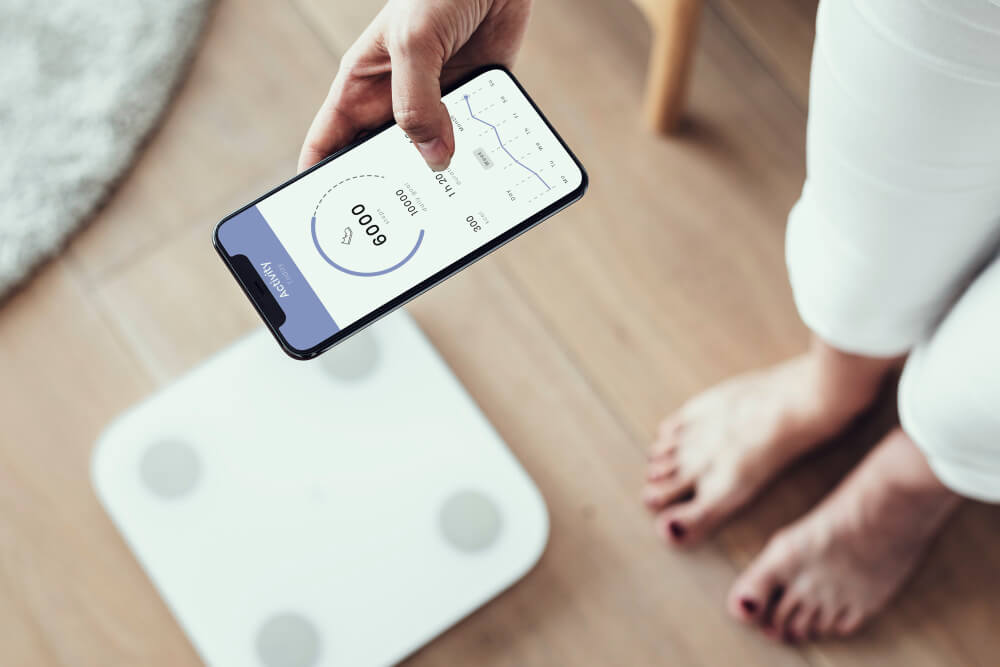What Are the Best Hours for Intermittent Fasting?

Intermittent fasting has been gaining popularity over the last couple of years and science has found that it helps with weight management, metabolism, and even life prolongation. The National Institute on Aging has claimed that fasting can enhance cell repair and normalize the blood sugar. Yet the positive effects are not a secret, and there is one question that is familiar to both novices and those who have already tried intermittent fasting several times: what are the ideal hours of intermittent fasting to yield the best results?
This guide breaks down the science behind timing your fasting window, explores different approaches to an intermittent fasting schedule, and shares tips on foods to avoid while intermittent fasting and what to eat during intermittent fasting for optimal results.
Understanding the Role of Timing in Intermittent Fasting
In intermittent fasting everything is about timing. The body follows a circadian rhythm which is an internal clock that determines how sleepy one is, metabolism and hormone production. One can align one method of eating with this cycle to bootstrap the benefits of fasting.
Harvard Medical School research has indicated that people who eat and go to bed earlier tend to control the blood sugars than those who eat and go to bed late at night. This implies that your selection of hours during which you do intermittent fasting may have a direct impact on your outcomes.
Popular Approaches to an Intermittent Fasting Schedule
Different fasting schedules suit different lifestyles. The following are the most prevalent ones:
1. The 16/8 Method
This means not eating for 16 hours and then eating for 8 hours. For instance, you could eat from 10 a.m. until 6 p.m. and then not eat again until the next day. A lot of people find it easier to stick to because most of the fasting time is when they are sleeping.
2. The 14/10 Method
A softer way, especially for people who are new to it. You eat between 9 a.m. and 7 p.m. and fast for 14 hours.
3. Early Time-Restricted Feeding
This practice involves regulating meal choices so as to match up the light period of the day like 8 a.m. to 4 p.m. It has also been associated with increased insulin sensitivity as well as decreasing appetite.
The most effective intermittent fasting regimen is the one which you can stick with because the biggest failure to intermittent fasting is inconsistency.
Best Hours for Intermittent Fasting Based on Research
While there’s no one-size-fits-all answer, experts often recommend finishing your last meal at least 2–3 hours before bedtime. Here are some effective timeframes:
- Early Eating Window: 8 a.m.–4 p.m.
Great for those focused on metabolic health and who prefer breakfast. - Midday Eating Window: 10 a.m.–6 p.m.
Balances social life and health goals. - Late Eating Window: 12 p.m. -8 p.m.
It works with night owls but it might not provide metabolic benefits like previous hours.
The selection of the timetable about intermittent fasting is based on the working week, the way of life, and health purposes.
Factors to Consider When Choosing Your Fasting Hours
- Sleeping schedule: It is imperative not to eat too late before bed in order to enhance digestion and sleep.
- Energy Levels: Other individuals work better when they eat on the earlier side whereas others work better when their eating window is later in the day.
- Work Commitments: It is best to choose a type of intermittent fasting that fits into your work schedule and other priorities.
- Fitness Routine: Assume your gym sessions are in the morning so you may wish your eating window to begin soon after.
Foods to Avoid While Intermittent Fasting
Despite the optimal timing, you may lose your results in case you have a bad food selection. The below are just some categories to restrict or avoid in your eating window:
- High Process Foods: Fast food, pastries and chips are capable of causing a sugar rush and energy crash.
- Sugary Drinks: Sweetened beverages and soft drinks as well as energy drinks are liable to augmenting calorie consumption without giving nourishment.
- Polished Carbs: White bread, pasta and baked products might result in sharp rise and fall of blood sugar levels.
In designing your intermittent fasting, do not forget about the quality of the food that you eat as much as the time.
What to Eat During Intermittent Fasting for Best Results
When eating, your aim should be to eat nutrient-dense foods that will give you energy:
- Lean Proteins: Chicken, turkey, fish, eggs, tofu, and legumes help preserve muscle mass.
- Good Fats: Avocado, tree nuts, seeds oils including olive oil give long lasting energy.
- Complex Carbohydrates: Whole grains, vegetables & various types of fruits keeping sugar in the body under control.
- Hydrating Foods: Cucumbers, watermelon, and soups support hydration.
Your hours for intermittent fasting will yield better results if paired with a diet rich in these nutrient-dense options.
How Meal Timing Affects Hormones
Fasting affects many hormones such as insulin, ghrelin (hunger hormone), and leptin (satiety hormone) among others. The above can be controlled by choosing an effective intermittent fasting regime that will improve control over these hormones resulting in reduced hunger, boosted fat burning, and ample energy.
Morning vs Evening Eating Windows
There’s ongoing debate about whether eating earlier in the day is superior to later windows. Studies suggest that earlier windows can enhance insulin sensitivity and fat oxidation, but evening windows may be more practical for social occasions.
If you’re unsure, test both approaches for a few weeks and observe which hours for intermittent fasting work best for you.
Common Mistakes to Avoid
Even with the right schedule, certain mistakes can hinder your progress:
- Overeating during your eating window
- Consuming too many processed snacks
- Not drinking enough water during fasting hours
- Skipping nutrients in favor of low-calorie, nutrient-poor foods
Staying Consistent with Your Fasting Hours
Consistency is key. Here’s how to maintain your intermittent fasting schedule:
- Slowly create changes in your eating window rather than do drastic changes.
- Pre-plan meals to not make adverse nutritious decisions at the last minute.
- Put notes or set reminders to keep a record of your fasting and eating schedules.
The Connection Between Sleep, Stress, and Fasting
The quality sleep and managing the stress will be the making or breaking part of your fasting outcomes. Due to stress, there is an increment of cortisol levels that can result in cravings. Shoot to get 7-9 hours of sleep and keep in mind mindfulness practices to underpin your hours of intermittent fasting.
Final Thoughts
The most optimal time to do intermittent fasting is again, a matter of personalised goals of an individual and routine as well as individual body affects. Regardless of which time eating window suits you the best (early, lunchtime, or late meals), consistency and nutritious foods will help out. When combined with the right food choices in understanding what to avoid during intermittent fasting and what to consume during intermittent fasting, a sustainable intermittent fasting schedule gives you the best of the fasting endeavor.
Related posts
- Weight Loss Resolutions for a Healthier New Year
Every January, motivation runs high, yet results often fade by February. According to the...
- Smart Weight Loss Resolutions for the New Year
Every January, millions of people promise themselves a healthier body, yet studies from...
- New Year Weight Loss Goals That Actually Work
Every January, motivation is high, gym memberships spike, and diet plans flood social...




